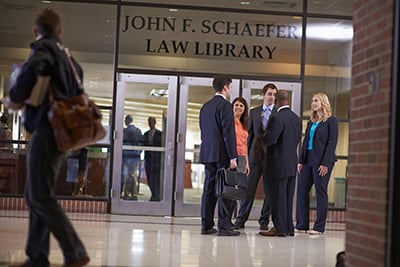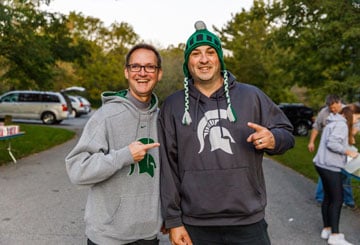
Wenona T. Singel
She/her/hers
Associate Professor of Law
Indigenous Law and Policy Center, College of Law
405B
Biography
Wenona T. Singel is an Associate Professor of Law at Michigan State University College of Law and the Director of the Indigenous Law & Policy Center. She teaches Federal Law and Indian Tribes, Property, and other courses related to Natural Resources, Environmental Justice, and Indigenous Human Rights.Prof. Singels research and writing address issues related to Tribal Sovereignty and Indigenous Rights. She served as an Associate Reporter (co-author) of the American Law Institutes Restatement of t
Read more


